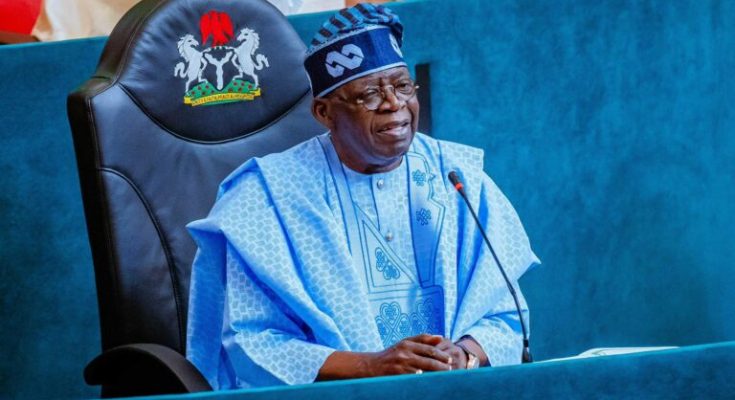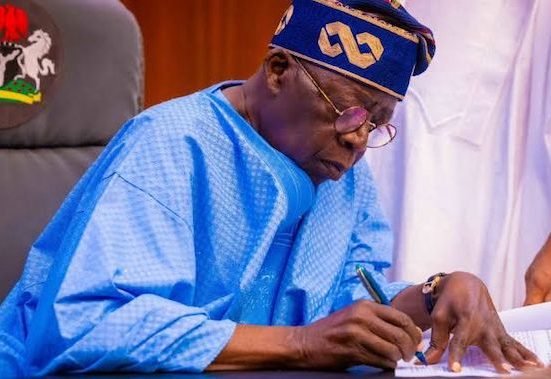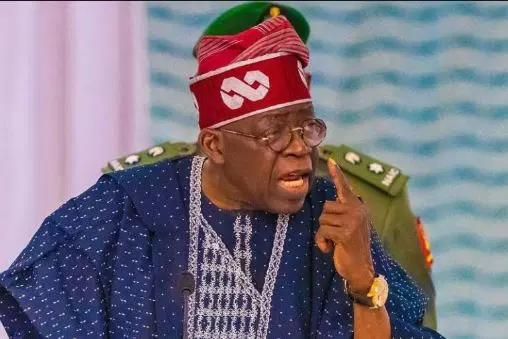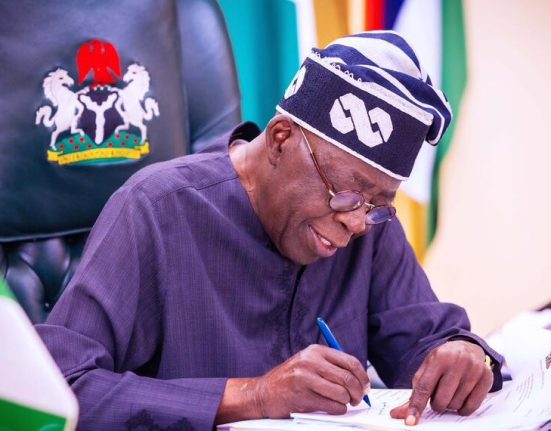As President Bola Ahmed Tinubu marks two years in office on May 29, 2025, the Central Results Delivery and Coordination Unit (CDCU) is finalising a new round of ministerial performance evaluations, expected to be submitted to the President this week, according to reliable sources within the presidency.
The internal performance scorecards—focused on the first quarter of 2025—are reportedly in the final stages of review. Presidency insiders revealed that the CDCU, under the leadership of Hadiza Bala-Usman, has spent the past several weeks scrutinising reports submitted by the ministries through a secure online portal. Each ministry was required to upload verifiable evidence of completed projects, policy implementations, and other key deliverables, in line with the performance bonds signed by ministers during the October 2023 cabinet retreat.
A senior official familiar with the matter disclosed to KIIN360 that the scores have already been assigned, and the final report is due to be placed on the President’s desk “any moment from now.” The official, who requested anonymity due to the sensitivity of the assessment, said the Unit’s findings have already sent ripples through several ministries, particularly those flagged for underperformance.
The CDCU, established in June 2023 shortly after President Tinubu assumed office, is a performance-monitoring agency modelled after similar bodies in countries like Rwanda and the United Kingdom. Its primary task is to assess federal ministries on a quarterly basis, track progress on key performance indicators (KPIs), and generate data-driven reports to guide presidential decisions. Bala-Usman, formerly the Managing Director of the Nigerian Ports Authority, was appointed as Special Adviser on Policy and Coordination and is overseeing the delivery unit.
According to sources, the majority of ministers were rated as having achieved average performance, with only a select few considered to be delivering above expectations. “The Minister of Works, for instance, has shown relatively strong performance in critical infrastructure targets. However, many other ministries have struggled to meet their own benchmarks,” said one insider.
While the President is not expected to take immediate action based on this latest report, the data will play a crucial role in informing strategic discussions with ministers, especially those whose portfolios are underperforming. One senior government aide confirmed that the President will use the report to initiate direct engagements with some cabinet members on areas requiring urgent improvement.
Recall that in October 2024, following a similar assessment exercise, President Tinubu carried out a minor cabinet reshuffle. Two ministers were relieved of their duties while several others were reassigned to new portfolios. That decision, insiders confirmed, was significantly influenced by the findings presented in the CDCU’s earlier report.
At the November 2023 cabinet retreat, President Tinubu had publicly stated that ministerial positions would be retained strictly based on performance. “If you are performing, nothing to fear. If you miss the objective, we’ll review it. If no performance, you leave us,” he said, making it clear that his administration would not tolerate non-performance.
In preparation for the quarterly reviews, the CDCU trained over 140 senior officials—comprising permanent secretaries, directors of planning, and monitoring officers—from 35 federal ministries. The training was aimed at ensuring uniform understanding of KPIs, data entry protocols, and delivery expectations.
Bala-Usman, during a media engagement in February 2025, reiterated that the performance scorecards are not a mere academic exercise but an essential governance tool. “These quarterly assessments feed directly into presidential decisions. If your deliverables are slipping, the data will show it. There’s no hiding,” she asserted.
However, while the Presidency is working to institutionalise performance-based governance, opposition parties have criticised the administration’s overall record. The Peoples Democratic Party (PDP), New Nigeria Peoples Party (NNPP), and Labour Party (LP) have all issued strong statements condemning what they describe as the government’s failure to improve Nigerians’ lives.
Debo Ologunagba, PDP National Publicity Secretary, described the Tinubu-led administration as a “monumental failure,” accusing it of mismanaging the economy and failing to provide security. “You can’t give what you don’t have,” he said, adding that the cost-of-living crisis and widespread insecurity reflect poorly on the President’s leadership.
Similarly, the NNPP’s spokesperson, Ladipo Johnson, called for another cabinet reshuffle to remove ministers deemed incompetent, while the LP’s Obiora Ifoh urged the government to shift focus from rhetoric to action, especially in the fight against insecurity and economic hardship.
Critics argue that despite the administration’s reformist tone, the reality on the ground shows worsening conditions. Many Nigerians continue to grapple with rising food prices, a weakened currency, and persistent security threats across multiple regions of the country.
As Tinubu’s administration enters its midterm phase, the coming weeks may define not only the future of several cabinet members but also the broader trajectory of governance and service delivery under his leadership. The performance report, though confidential, could become a reference point for a second wave of government shake-ups as the President seeks to consolidate achievements—or course-correct—heading into the second half of his tenure.







